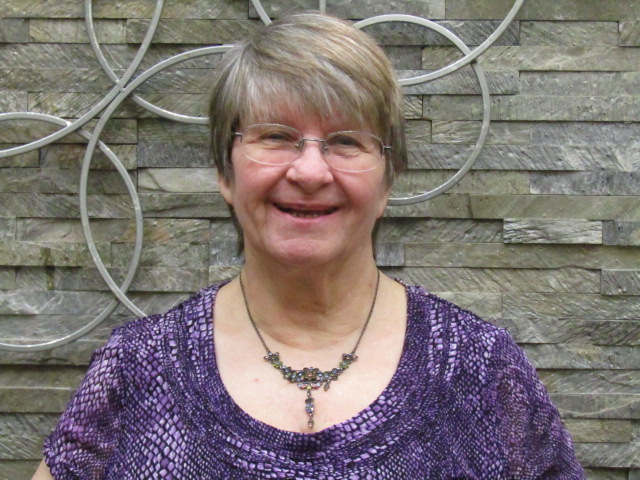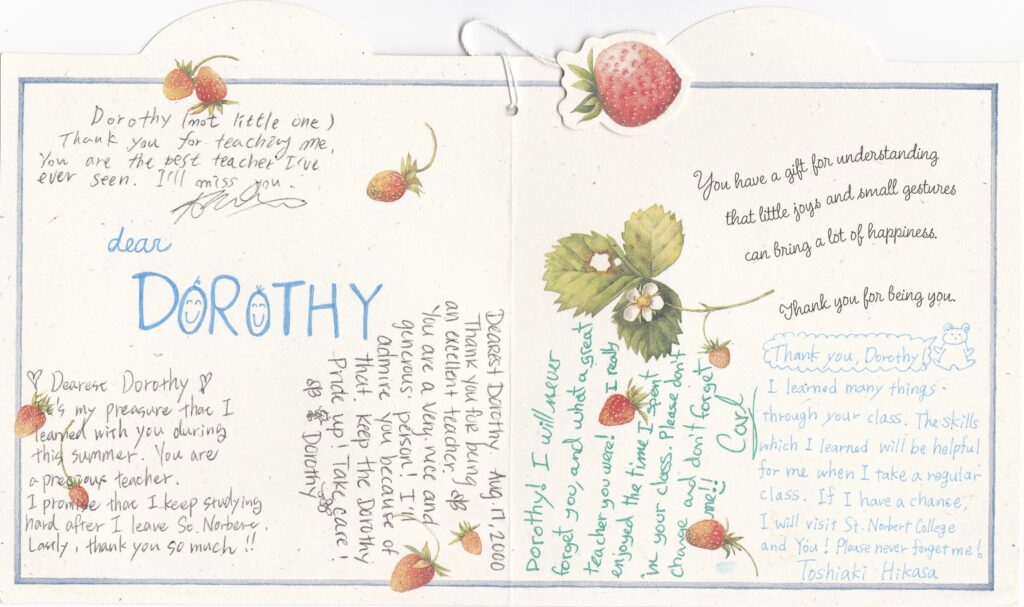By Valerie Routhieaux
Day 22 – Self-Publishing
Today, I’m going to deviate from writing to publishing, specifically self-publishing.
If you Google self-publishing, you will find many publishing options. Most, if not all, are expensive. When I started self-publishing back in 2012, that’s how I found the house I published with. It was an expensive package, at least for me as I didn’t have a huge income at the time, and my son was angry at me for going that route. I have since found a free, easy to use publisher—CreateSpace, now KDP Direct as they merged this past year. CreateSpace and KDP Direct are an Amazon company.
When self-publishing you need to be aware that no one will help you with revision, editing, or anything else unless you pay someone to do that. It’s all on you.
What I did when I found myself faced with editing my work, I bought several editing tools. I might have mentioned them before, but here are the books I bought to help me. English Grammar for Dummies by Geraldine Woods, The Artful Edit by Susan Bell, Revision & Self-Editing by James Scott Bell. Someone also sent me Harbrace College Handbook 9th Edition by John C Hodges and Mary E. Whitten.
These have been valuable tools in learning how to edit. Last year I also downloaded Grammarly the free edition, and prowritingaid.com, which I bought. These have been and continue to be helpful in my writing.
CreateSpace, now KDP Direct, gives you guidelines to follow along with templates to help with formatting your manuscript. If you submit your work outside those guidelines, they won’t accept it.
During the publishing process, you choose a generic cover or if you have one, download the cover. It must be 300 DPI. I have since found a great site for converting your pictures to 300 DPI. It’s easy, and most importantly, it’s free. https://convert.town/image-dpi. CreateSpace/KDP Direct will review your manuscript to make certain it’s within their guidelines and send it back to you to review and edit. They do not give any suggestions.
It’s a good idea to edit your manuscript at this point, even though you have done so many times before you submitted it for publishing. You always miss something.
BEFORE you hit submit when you are fully satisfied with the manuscript, be certain to get your copyright. This will be your only charge as it’s your Library of Congress copyright. It’s generally $25. Unless it’s gone up. I’ve missed this step on every manuscript I submitted. I thought I could get the copyright after I submitted it. You can’t. It must be done before you submit. Do not be confused with the ISBN you received as soon as you submitted your manuscript at the start of the publishing process.
Once you submit your manuscript for publication in the final step, it goes live immediately and people will be able to buy your book. It will also tell you how long before it becomes available in foreign countries. It could take up to a week for that.
After you submit for publication, you’re not finished yet. You have the opportunity to get your manuscript into an eBook or Kindle. It’s an easy process and it too will be live as soon as you okay everything.
As for royalties, Amazon pays out monthly. Because CreateSpace/KDP Direct is an Amazon company, your royalties come from Amazon to your checking account. Your royalties are delayed for two months. For instance, if someone buys your book today, you will receive the royalty for the book in two months. They pay out on the 29th of the month. You also don’t need to earn a certain amount to be paid. My smallest royalty was .07.
As for how much your book costs, you set the price. They give you guidelines on what to charge, based on the number of pages in your book. Once you determine the cost, they give you the royalty amount in the various currencies around the globe. You set this price for the paperback as well as eBook.
Are you ready to submit your book for self-publishing? I hope I helped with the process.
Thanks for reading.
Tomorrow’s Perspective: Reader Engagement


